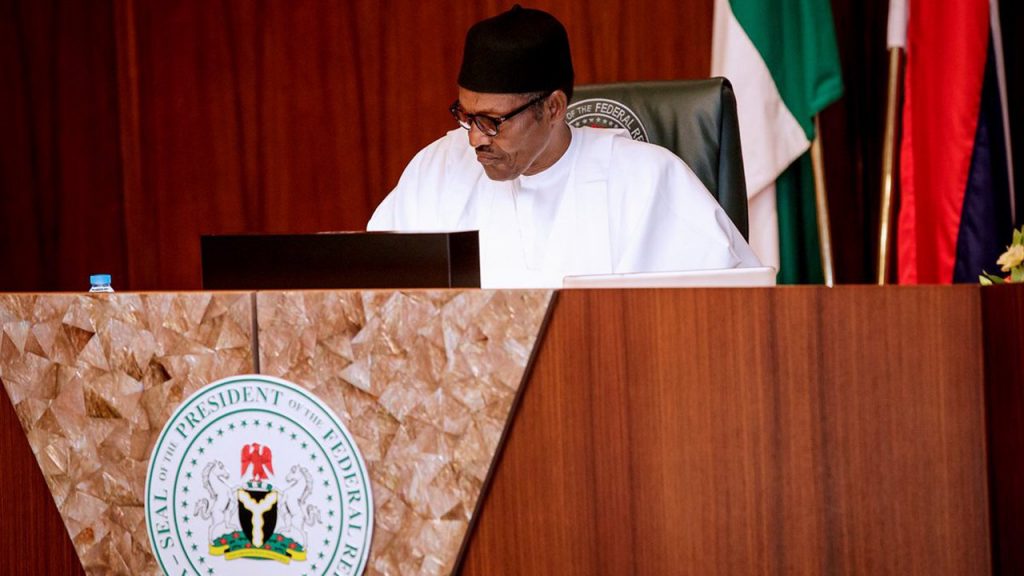President Muhammadu Buhari has ordered a forensic audit of the operations of the Niger Delta Development Commission (NDDC) from 2001 to 2019.
The president gave the directive when he received governors of the states in the Niger Delta area, led by Gov. Seriake Dickson of Bayelsa, on Thursday in Abuja.
The president said the directive had become imperative in view of the persistent criticisms of the operations of the commission.
According to him, what is presently on ground in the Niger Delta region does not justify the huge resources that have been made available to the commission.
He said: “I try to follow the Act setting up these institutions, especially the NDDC.
“With the amount of money that the Federal Government has religiously allocated to the NDDC, we will like to see the results on the ground; those that are responsible for that have to explain certain issues.
“The projects said to have been done must be verifiable. You just cannot say you spent so many billions and when the place is visited, one cannot see the structures that have been done.
“The consultants must also prove that they are competent,’’ he said.
Buhari admitted that developing the Niger Delta area required enormous resources compared to other parts of the country with firmer lands.
“I am very much aware, with my experience, that projects in your area are very expensive; that is why if any job is given, we must make sure that the company is competent and has the capacity to do it well, with experienced consultants,” he added.
The president, however, said that he would wait for the report of the audit before deciding on the next line of action regarding the commission.
Gov. Dickson had earlier expressed the disappointment of other governors with the operations of the NDDC.
According to him, the commission’s operations had been characterised by the poor choice of projects, shoddy handling, uncompleted jobs and lack of required support for the efforts of the states and local governments in its areas of coverage.
He, therefore, called for the repositioning of the commission in order to achieve the objectives for which it was set up.
